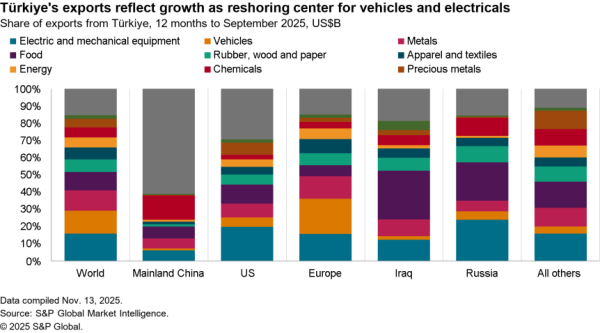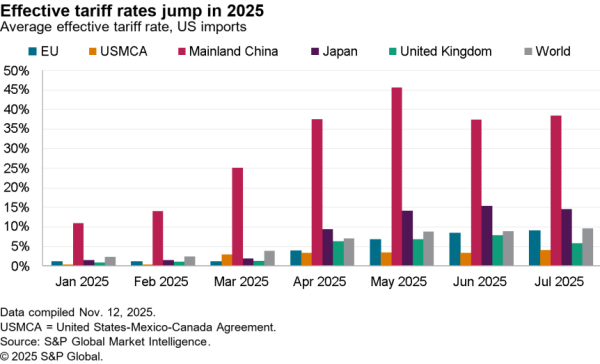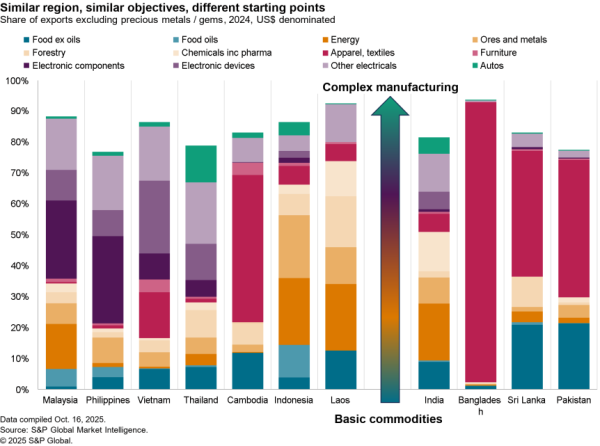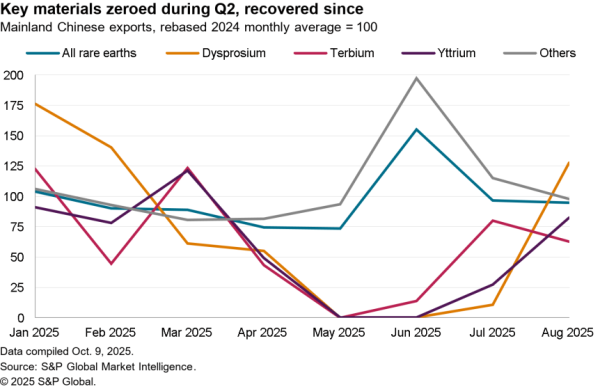The U.S. and South Korea have announced an updated set of initiatives following a meeting between U.S. President Joe Biden and South Korea President Moon Jae-In. Those include a series of commitments on technology and innovation such as “mutual and complementary investments in semiconductors, including for advanced and auto-grade chips, and high-capacity batteries” as well as committing “to supporting diverse and resilient supply chains” in 5G/6G telecoms networks.
The focus on chips and batteries is not a surprise as discussed in Panjiva’s research of May 21 and has echoes of the deal signed between President Biden and Prime Minister Suga of Japan.
Panjiva’s data shows U.S. imports of semiconductors from South Korea improved by 15.2% year over year in Q1’21, helped by a 19.4% increase in bespoke circuit systems and an 18.3% rise in memory chips. Yet, that only left total imports 3.7% lower than Q1’19, with processors down by 10.3% and bespoke systems down by 3.9%.
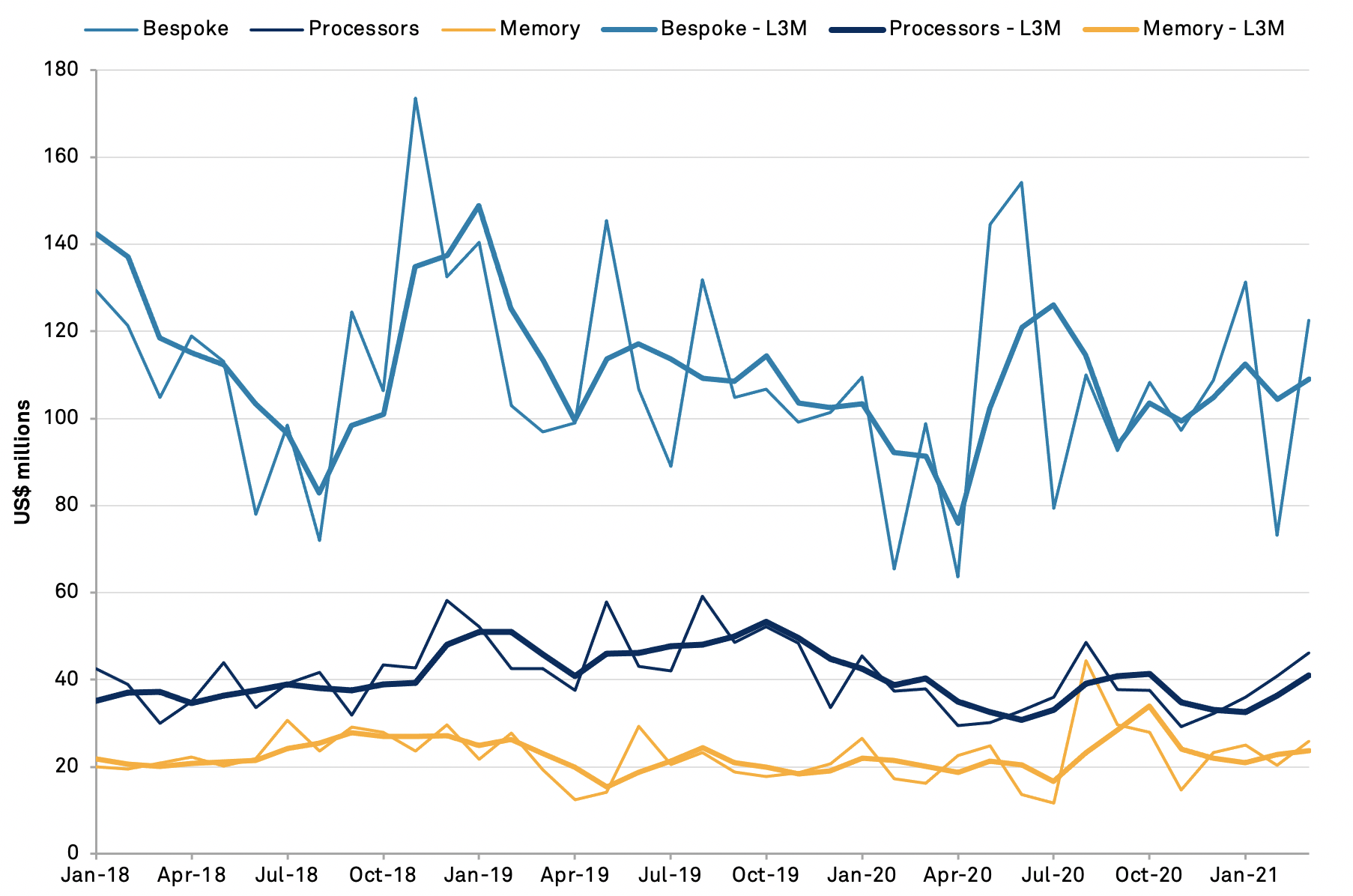
Source: Panjiva
The commitments on telecoms are consistent with the availability of 5G network technologies from South Korea’s Samsung Electronics versus those from China. While telecoms isn’t a part of the Biden administration’s critical supply chain review that is due to report in June they are a part of longer-term infrastructure plans.
South Korea had been a significant supplier of base station equipment during prior rounds of network roll-out, representing a maximum of 13.6% of total U.S. imports in the 12 months to May 2015 before dropping to just 0.5% in the 12 months to March 31. Shipments more latterly have included Samsung Electronics’ WiMax product in the past year, based on Panjiva’s seaborne import data.
Imports of mobile base stations meanwhile have been dominated by imports from Indonesia with 35.2% of imports in the 12 months to March 31, followed by 10.5% from China despite limitations placed on Huawei’s shipments among others. European and Mexican suppliers meanwhile have been sidelined to shares of 4.2% and 4.9% respectively despite being leaders in prior network rollouts.

Source: Panjiva
